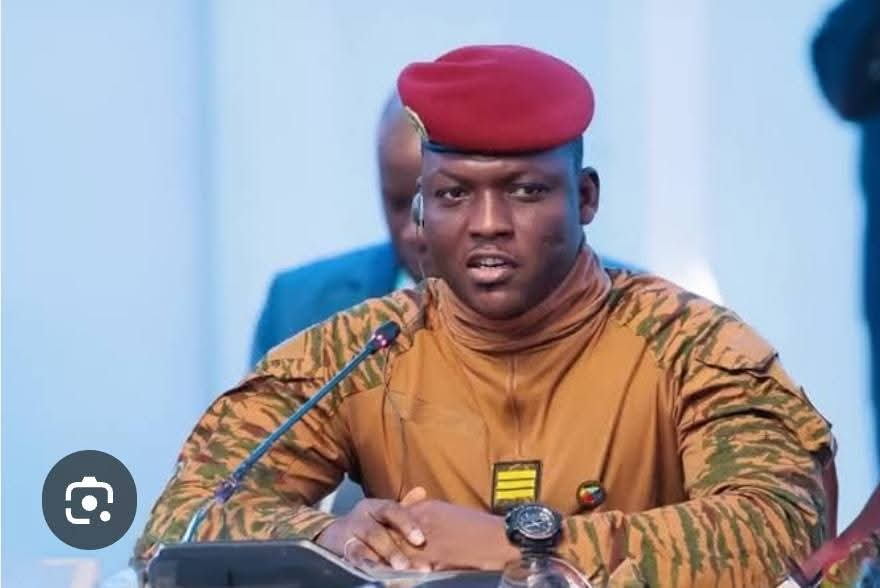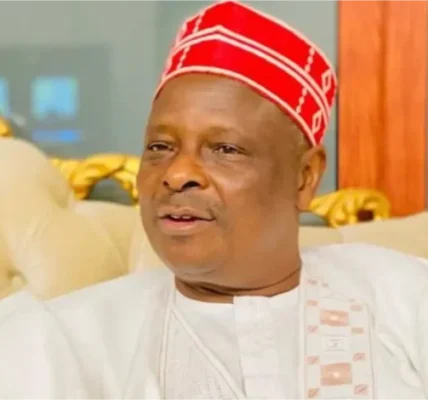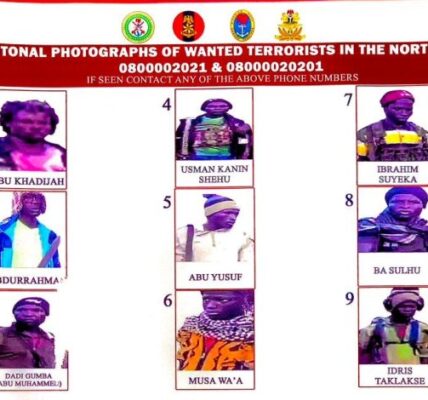Africa: The Blackman’s Albatross and the Youths’ Hunger For Change
Ezeh Emmanuel Ezeh Ph.D, DBA, GPOL(Oxford)
Black is the convergence of everything negative, especially when it comes to development. For many of our elites, wearing fancy and expensive watches and clothes is synonymous with development. Indeed, we are a backward people, and the more primitive and uncultured we are, the more we tend to fight ourselves. We prioritize domination over upliftment, chaos over alliances and development, and lone rides over networking.
The reality of black backwardness is undeniable, manifesting in various forms of ignoble behaviour and a lingering sense of subjugation. Despite claims of emancipation, the community seems bogged down by endemic incompetence and warped work ethics. There’s a noticeable lack of care for environmental beauty and basic aesthetics.
Africa is home to over a billion poor people, we have missed the Millennium Development Goals (MDGs) by a wide margin. Unfortunately, we’re on track to miss the Sustainable Development Goals (SDGs) by an even larger margin.
This is largely because leadership in Africa often surrounds itself with incompetent individuals, thugs, sycophants, and the dregs of society, rather than competent people. There’s an unfettered and unfiltered disdain for intellectualism, and anyone who asks questions is quickly silenced and frustrated.
Followership is equated to sycophancy where citizens are expected to see no evil, speak no evil but be eternally grateful and fearful of her leaders. For them worship of the leader is a duty.
These factors contribute to the significant challenges Blacks face in technological innovations, often struggling with mental blocks that hinder progress. This is evident in the comparative incompetence across various disciplines, where despite profound ignorance, there’s a tendency to act with foolish arrogance. The sense of worth often derives from neighbours’ suffering rather than genuine contributions. Philanthropy is often reduced to handouts rather than empowering others to become independent. Leaders prioritize personal gain and protection over public good, with politics serving as a means to amass wealth and power.
Corruption is rampant, with leaders engaging in graft and using religion as a facade for their actions. The more they advertise their religiosity, the more questionable their motives seem to be. There’s a lack of accountability, with societal ills blamed on external factors rather than self-reflection. The recent story of critical drugs sent to Zambia by the USA being stolen by officials and sold on the open market is another embarrassing reality common in many African states.
Africans do not prioritize development in policy-making. Otherwise, it wouldn’t be much more difficult and costly to travel and trade within Africa than with the rest of the world. Africa only accounts for about 15% of intra-African trade, and our regional trade blocks often act as agents of external blocks rather than promoting development in Africa. This has to stop.
There is an urgent need for introspection. Without it, the community will continue to play second fiddle globally, constrained to the fringes of progress. COVID-19 exposed our unpreparedness, and that should be enough warning. The second warning is the Trump era of America First, which has sent the world back to protectionist positions and may yet encourage more populism across the globe. Immigration will be the first casualty, with Africa coming home bruised.
It’s essential to recognize the value of self-awareness and genuine leadership to drive meaningful change. Unfortunately, politics in Africa is often about self-aggrandizement rather than development. This is why many young people are looking for heroic figures like Mr. Peter Obi, Ibrahim Traore, and others. In the absence of disruptive leaders, the youth of Africa will settle for anyone who meets their expectations. In Nigeria, the youths, intellectualsz workers and patriotic citizens have chosen Mr. Peter Obi over the incompetence holding us down.
Our development must start by rebuilding our electoral institutions. No one steals an election to serve; it is always to loot and kill and destroy. This is the reality in Nigeria today. African youths are rising, believing that a new Africa is possible. For us in Nigeria, a New Nigeria is certainly possible, as envisioned by the Obidient Movement.
As we welcome our national leaders in the Obidient Movement in Enugu today, let us keep our dreams of a New Nigeria anchored on the cardinal principles of character, competence, and capacity as non-negotiables.






